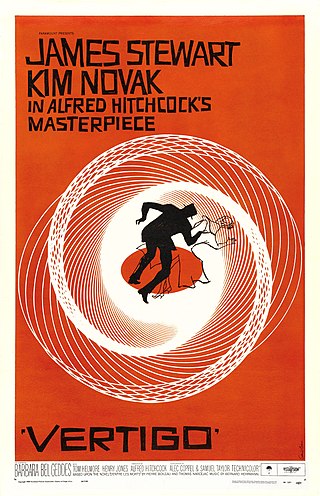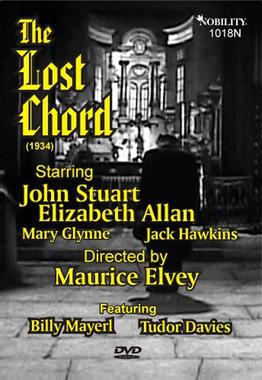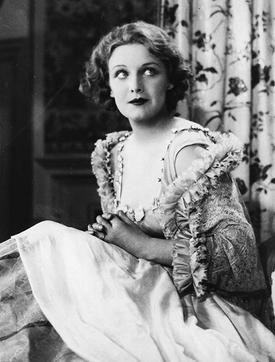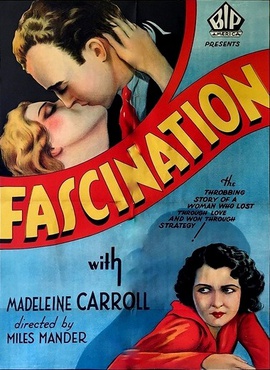
Margaret Tudor was Queen of Scotland from 1503 until 1513 by marriage to King James IV. She then served as regent of Scotland during her son's minority, and fought to extend her regency. Margaret was the eldest daughter and second child of King Henry VII of England and Elizabeth of York, and the elder sister of King Henry VIII of England. By her line, the House of Stuart eventually acceded to the throne of England, in addition to Scotland.

Vertigo is a 1958 American psychological thriller film directed and produced by Alfred Hitchcock. The story was based on the 1954 novel D'entre les morts by Boileau-Narcejac. The screenplay was written by Alec Coppel and Samuel A. Taylor. The film stars James Stewart as former police detective John "Scottie" Ferguson, who has retired because an incident in the line of duty has caused him to develop acrophobia accompanied by vertigo, a false sense of rotational movement. Scottie is hired by an acquaintance, Gavin Elster, as a private investigator to follow Gavin's wife, Madeleine, who is behaving strangely.

The House of Stuart, originally spelled Stewart, was a royal house of Scotland, England, Ireland and later Great Britain. The family name comes from the office of High Steward of Scotland, which had been held by the family progenitor Walter fitz Alan. The name Stewart and variations had become established as a family name by the time of his grandson Walter Stewart. The first monarch of the Stewart line was Robert II, whose male-line descendants were kings and queens in Scotland from 1371, and of England, Ireland and Great Britain from 1603, until 1714. Mary, Queen of Scots, was brought up in France where she adopted the French spelling of the name Stuart.

Edith Madeleine Carroll was an English actress, popular both in Britain and in America in the 1930s and 1940s. At the peak of her success in 1938, she was the world's highest-paid actress.

John Stewart, 2nd Duke of Albany was the regent of the Kingdom of Scotland and the count of Auvergne and Lauraguais in France.
Anne Kristine Stuart is an American romance novelist. She has written over 100 novels and is a recipient of the Romance Writers of America's Lifetime Achievement Award.

Atlantic (1929) is an all-talking sound British drama film directed and produced by Ewald André Dupont and starring Franklin Dyall and Madeleine Carroll. Originally, two versions were made, the English and German-language version Atlantik were shot simultaneously. Subsequently, the production of a French version (Atlantis) began in spring 1930 using different footage and partially an altered storyline with a different director. The fourth version was released as a silent film. The story was taken from the West End play The Berg by Ernest Raymond. It was one of the most expensive films of 1929.

John Stuart was born to Scottish parents, and was a very popular leading man in British silent films in the 1920s. He successfully made the transition to talking pictures in the 1930s and his film career went on to span almost six decades. He appeared in 172 films, 123 stage plays, and 103 television plays and series.

Clan Stuart of Bute is a Highland Scottish Clan and is a branch of the larger Clan Stewart.

Stewart Rome was an English actor who appeared in more than 150 films between 1913 and 1950.

The Lost Chord is a 1933 British drama film directed by Maurice Elvey and starring John Stuart, Elizabeth Allan and Jack Hawkins. The screenplay concerns a musician who becomes embroiled in the domestic rows of an aristocratic family. It was inspired by the Arthur Sullivan song The Lost Chord. Two earlier films directed by Wilfred Noy, The Lost Chord (1917) and The Lost Chord (1925), were both also based on the song. The film was made at Twickenham Studios.

The School for Scandal is a 1930 British historical comedy film directed by Thorold Dickinson and Maurice Elvey and starring Basil Gill, Madeleine Carroll and Ian Fleming. It is the first sound film adaptation of Richard Brinsley Sheridan's play The School for Scandal. It is also the only feature-length film shot using the unsuccessful Raycol colour process, and marked the screen debut of Sally Gray. The film was shot at the Elstree Studios of British International Pictures with sets designed by the art director Lawrence P. Williams. It ended up being released as a second feature and is classified as a quota quickie.

The First Born is a 1928 British silent drama film directed by Miles Mander and starring Mander, Madeleine Carroll, John Loder and Ella Atherton. It was made by Gainsborough Pictures at Elstree Studios. The film's sets were designed by the art director Wilfred Arnold.

The Written Law is a 1931 British drama film directed by Reginald Fogwell and starring Madeleine Carroll, Percy Marmont and Henry Hewitt. It was shot at Elstree Studios.
Deadlock is a 1931 British crime film directed by George King and starring Stewart Rome, Marjorie Hume and Warwick Ward. It is on the British Film Institute's list of the 75 Most Wanted list of lost films.
Kissing Cup's Race is a 1920 British silent sports film directed by Walter West and starring Violet Hopson, Gregory Scott and Clive Brook. It is based on the poem Kissing Cup's Race by Campbell Rae Brown.

One Night in Lisbon is a 1941 American comedy thriller film directed by Edward H. Griffith and starring Fred MacMurray, Madeleine Carroll and Patricia Morison. It was one of a cycle of pro-British films produced in Hollywood before the United States' entry into the war in December 1941. The film is based on John Van Druten's 1931 British play There's Always Juliet, updated to include the current wartime situation.
Son of Kissing Cup is a 1922 British silent sports film directed by Walter West and starring Violet Hopson, Stewart Rome and Cameron Carr. Like many of West's films it is set in the world of horseracing.

Fascination is a 1931 British drama film directed by Miles Mander and starring Madeleine Carroll, Carl Harbord and Dorothy Bartlam. It was made by British International Pictures at the company's Elstree Studios near London. The film's sets were designed by the art directors Clarence Elder and David Rawnsley.
Lest We Forget is a 1934 British drama film directed by John Baxter and starring Stewart Rome, George Carney and Esmond Knight. It was made as a quota quickie at Shepperton Studios.















